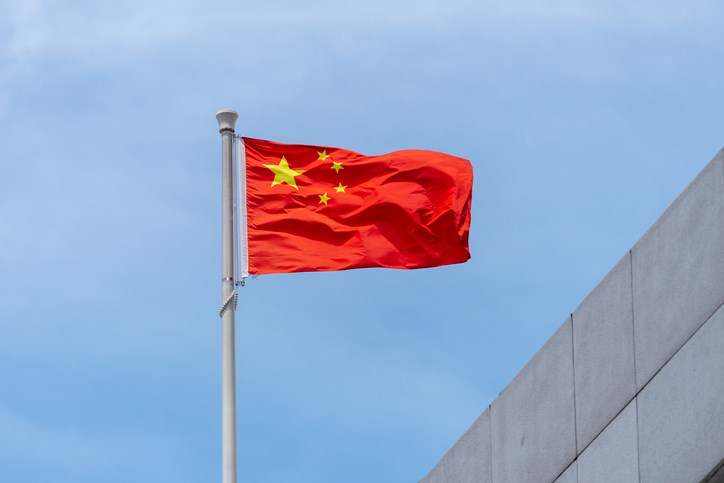China’s espionage theft of Canadian disease intellectual property as seen in a Canadian Food Inspection Agency (CFIA) case and possibly in connection with COVID-19 is “par for the course,” says a security expert.
Christian Leuprecht said Canada is inadvertently aiding and abetting Chinese biosecurity and bioweapons research.
“The Chinese have shown that they’re keenly interested in research on animal viruses, and have at least demonstrated the potential, if not the willingness, to weaponize and deploy such viruses,” the Royal Military College and Queen's University professor said.
CFIA scientist with espionage techniques aimed at obtaining his research on animal brucellosis, a highly contagious disease transmittable to humans, said RCMP documents obtained by Glacier Media under access to information laws.
Nielsen was arrested in October 2012 headed to Ottawa airport en route to China. With him were 17 vials of brucella bacteria packed in a thermos of ice inside a child's lunch bag in carry-on luggage, a 2017 Ontario Court of Justice ruling said.
“The brucella bacteria and the disease it causes, brucellosis, can infect people and animals such as sheep, cattle, goats and pigs,” Ontario Superior Court of Justice Heather Perkins-McVey said in sentencing Nielsen to two years in prison.
RCMP documents said he was targeted by a Chinese national who sought to work with him and disappeared before he was brought to trial.
“Canada cannot protect their international property,” the judge said.
Members of Parliament are now wrangling over those protections as they try to get to the bottom of COVID’s possible Canadian origins in a Winnipeg lab and the shipping of other deadly diseases from Winnipeg to Wuhan, China, where COVID began its deadly global rampage that would leave 4.3 million dead, including more than 26,500 Canadians.
Both cases were subject to RCMP scrutiny.
Leuprecht suspects there’s growing awareness of Chinese interference in Canada, including with Canadian research.
“It’s not just about the illegal transfer of Canadian IP,” Leuprecht said.
“Given how irresponsibly China has shown itself to behave in light of a virus that clearly originated there (by whatever means), we clearly need to avoid aiding and abetting a regime whose behaviour shows that it cannot be entrusted with such IP and technology,” Leuprecht said.
The Chinese embassy in Ottawa did not respond to a request for comment.
Now, Parliament wants to know connections between the Winnipeg lab and Chinese military researchers, although the Public Health Agency of Canada (PHAC) has denied any connections.
Contentious relationship
Neither Liberal Prime Minister Justin Trudeau nor Conservative Opposition Leader Erin O’Toole responded to requests for comment.
“Thank you for reaching out and bringing this to our attention,” NDP press secretary Nina Amrov said. “We will follow developments but will not be giving an interview at this time.”
However, the situation adds a further wrinkle to already contentious Canada-China relations.
The story comes as Chinese courts announced Aug. 10 that they have of his death sentence at the same time the high-profile Huawei senior officer Meng Wanzhou extradition hearings are taking place in Vancouver.
Two other Canadians, Michael Spavor and Michael Kovrig, were arrested soon after Meng was detained by Canadian officials.
Spavor was charged and convicted by Chinese court of espionage and providing state secrets. He was sentenced to 11 years in jail Aug. 11.
Beijing has denied the arrests are linked to the Meng case although many believe them to be retaliatory. And Meng’s lawyer has called the U.S. extradition request 'a legal kidnapping.'


